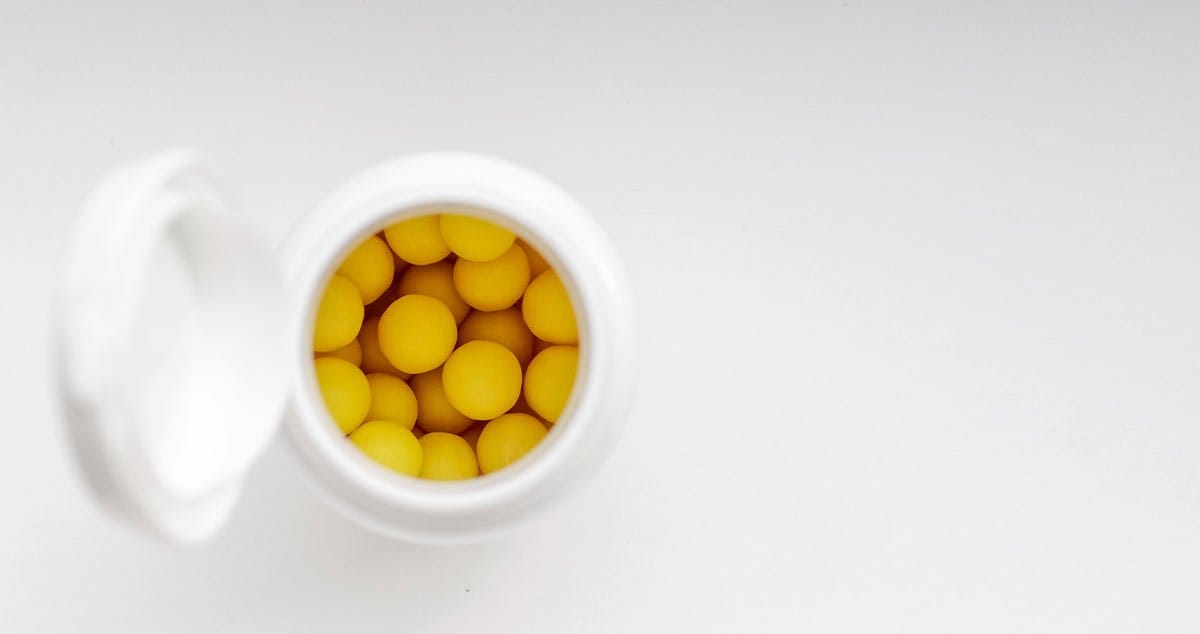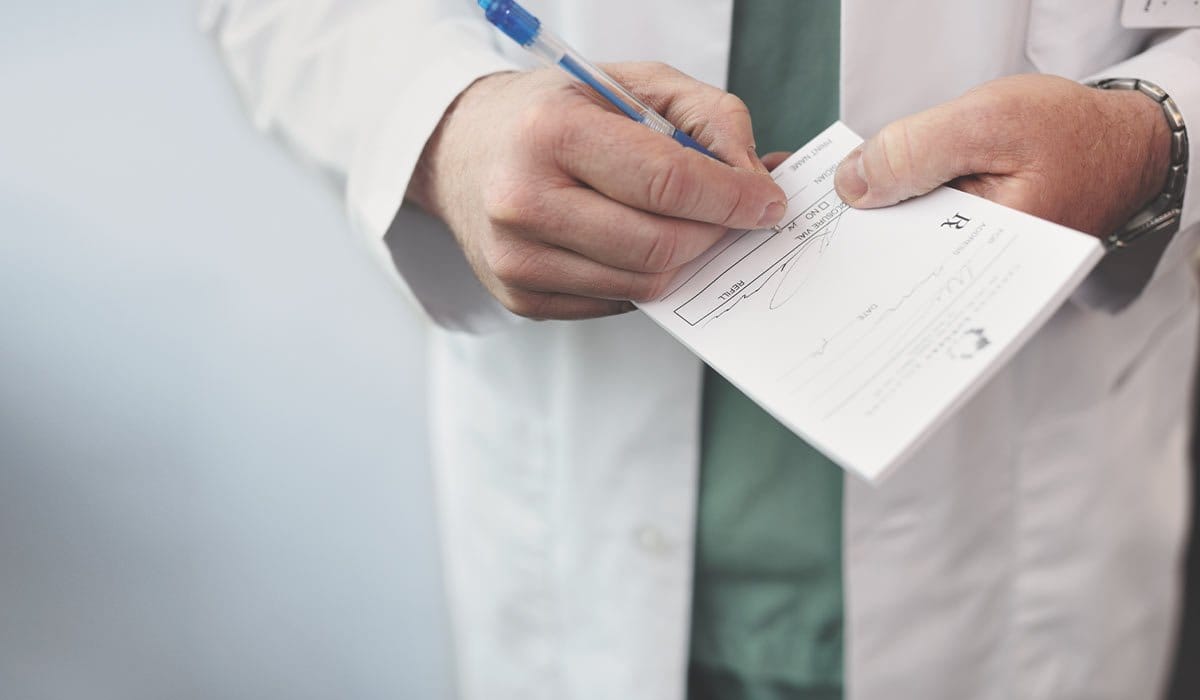Mental Illness and Addiction
Mental illness is a growing epidemic in our society today. According to the Centers for Disease Control and Prevention, about 25 percent of all American adults have a mental illness and nearly half of American adults will develop at least one mental illness during their lifetime. The development of mental illness can be for many reasons such as economic difficulties, relationship issues, trauma, and genetics. In 2002, the economic burden for mental illness in the United States was about $300 billion, according to the CDC. But the funds spent to treat mental illness amounted to $57.5 billion just a few years later in 2006, according to the National Institute of Mental Health. That leaves a pretty large gap where mental illness is affecting people but not being treated. For some people, substance abuse and addiction fill the gap. People with untreated mental illness abuse substances to cope with their mental problems or people abuse drugs or alcohol enough to develop mental illness. Either way, they end up with both: A dual diagnosis of mental illness and addiction.
Dual Diagnosis = Mental Illness + Addiction
Sometimes, the mentally ill will turn to substance abuse because of isolation from families and debilitating symptoms of mental illness. Other addicts will develop mental health symptoms as a result of addiction. Substance abuse is common among those with mental illness and must be addressed in an integrated treatment. Some of the common correlations include:
- The CDC says that there is a correlation of mental illness is associated with use of tobacco products and abuse of alcohol.
- The National Association for Mental Illness (NAMI) says, “The drug most commonly used is alcohol, followed by marijuana and cocaine.”
According to the National Institute on Drug Abuse, 6 out of 10 people with a substance use disorder also have another form of mental illness. This cyclical pattern of mental illness symptoms and addiction behaviors exacerbate one another. NAMI published an article that says that, “Often only one of the two problems is identified. If both are recognized, the individual may bounce back and forth between services for mental illness and those for substance abuse, or they may be refused treatment by each of them”. Dual diagnosis treatment is the only way to truly treat these types of addicts.
Find Stability in Dual Diagnosis Treatment
Instead of receiving treatment addressing both issues, many patients with a dual diagnosis get shuttled from psychiatric hospitals to detox centers and back again. There are very few true dual diagnosis treatment centers that can effectively treat dual diagnosis disorders. Stepping Stone Center for Recovery is a qualified addiction treatment hospital and specializes in effective dual diagnosis treatment. Here are few questions to ask when thinking about going to a dual diagnosis treatment center:
- Does the staff include both psychiatrists and medical doctors?
- Do they treat mental health problems with nonaddictive medications?
- How often do patients see the doctors, nurses and therapists?
- Do they have education programs to help patients learn to cope with their mental health concerns?
You may be able to think of a few others to ask a drug rehab before entering. Don’t hesitate to ask admission counselors any questions that you may have. You should be as comfortable as possible knowing what to expect when you enter drug rehab. Call a Stepping Stone admission counselor at 866-957-4960 to find out how to enter a dual diagnosis treatment center today!









